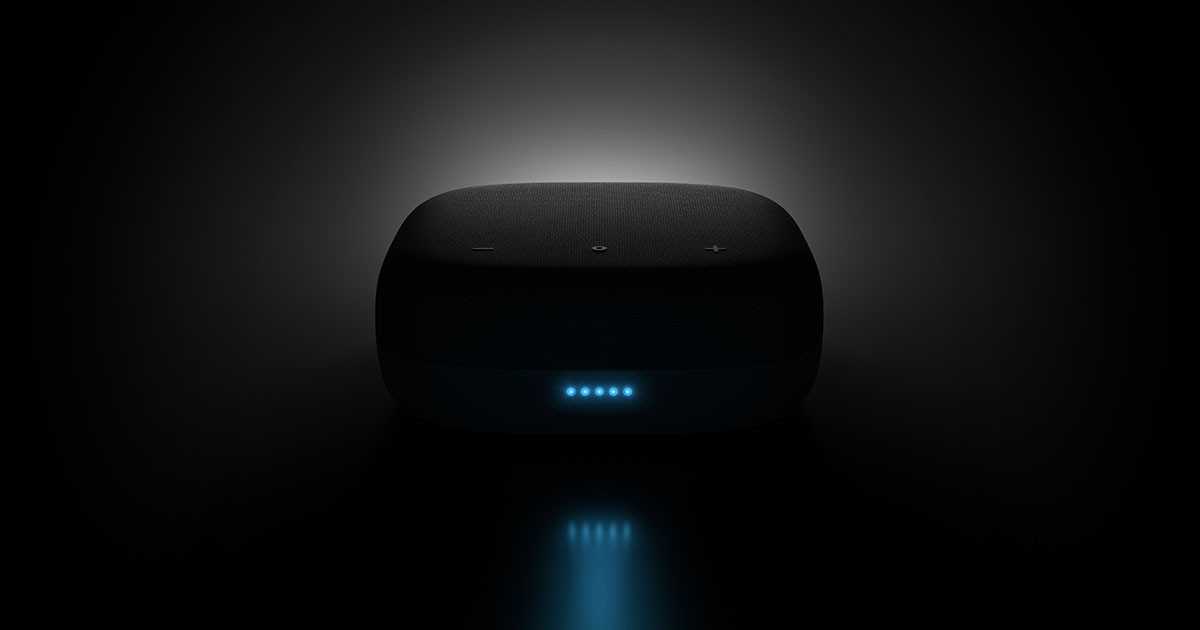Lisez l’article en français | Lesen Sie den Artikel auf Deutsch
Microsoft’s Custom Neural Voice is now generally available. In Switzerland, the technology has been already used to create unique and multilingual voice assistants.
Voice assistants are increasingly common on smart devices like phones, cars, TVs to home speakers. Microsoft’s Custom Neural Voice has empowered organizations such as AT&T, Duolingo, Progressive, and Swisscom to develop branded speech solutions that delight users since its preview in 2019.
Custom Neural Voice is a Text-to-Speech (TTS) feature of Speech in Azure Cognitive Services that allows you to create a one-of-a-kind customized synthetic voice for your brand. In Switzerland, Swisscom wanted to create more engaging customer experiences by building a voice assistant that uniquely represents its brand. Using the Speech service, Swisscom has given its customers access to an intelligent, multilingual voice assistant, helping improve the customer experience and accelerate its own digital transformation.
Today, we are excited to announce that Custom Neural Voice is now generally available (GA). However, access to Custom Neural Voice includes technical controls to prevent misuse of the service. These are based on a number of studies as well as guidelines established in consultation with the voice acting industry and ethicists. For Microsoft, a cornerstone in the development of artificial intelligence is that it is designed and used responsibly. To achieve this, we have established principles for responsible AI.
To learn more how your organization could benefit from Custom Neural Voice – click here.





